The Evolution of Music: The 1970s bring the Age of Disco
Full of color and life, the disco was known for flashing lights from the ceiling to the floor. Image Courtesy of: @BuzzFeedNews via twitter
April 23, 2019
Known as the age of rebellion and Disco, the 1970s created the best musical connector from the 60s to the 80s.
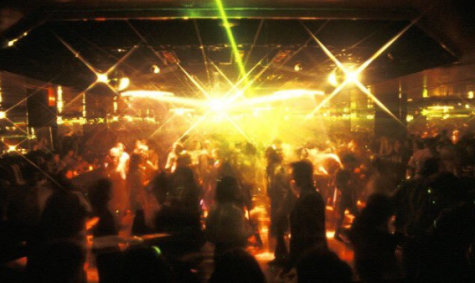
Image Courtesy of @Markia_Nicole via Twitter
The 70s created a trend of relaxing music as well as dance music.
People started to grow tired of the fighting that happened the previous decade, and many were seeking a refuge in dance clubs and other places to enjoy a good time.
Out of this idea emerged the iconic disco movement.
Of course, there were still the bands and artists that continued to speak of the ills of society, typically characterized by punk music in the latter part of the decade.
Although the rebellious idea had died down shortly following Woodstock in 1969, there were still many people that disagreed with the establishment and the way the country was being run.
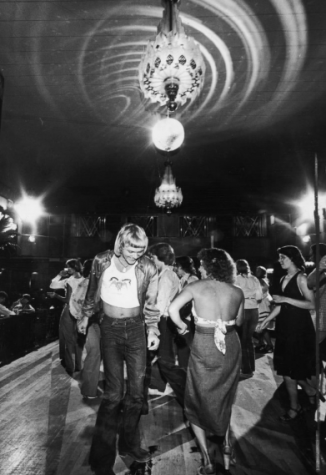
Image Courtesy of @RickNelsonStrib via Twitter
Most people, though, were just looking for another way to vent their frustrations, which helped to give rise to the fun that disco music provided.
If a music style ever was able to define a decade, disco was the definition of the 1970s.
Although its popularity was relatively short-lived, the genre hosted a great deal of songs and artists that people are still awkwardly dancing to today and had a large influence on the fashions of the decade, too.
Van McCoy’s “The Hustle” has often been referred to as the definitive disco track and many people say it was the first disco song created.
Gloria Gaynor also enjoyed disco popularity with her anthem “I Will Survive.”
This style of music became so popular that well respected artists like Rod Stewart and Diana Ross jumped on the bandwagon by adding disco elements to their new music or creating their own albums.
Unfortunately, it did not take long for the public to see disco’s silliness and commercialization – something that they had just rebelled against a few years earlier.
Its lack of attention to musical significance helped add to its downfall after only a short time of popularity.
When disco fell from grace, it fell fast, and many radio stations held public events dedicated to ridding the world of disco music with symbolic album burnings.
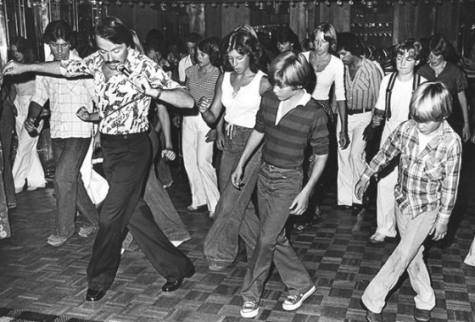
Image Courtesy of @historylvrsclub via Twitter
Youths rebelled against the genre as well and it was not uncommon to see a few music fans sporting “Disco Sucks” T-shirts.
The punk rock genre also emerged in the 1970s.
This was a style that continued on the legacy of the 1960s but with a more upbeat and harder style.
Heavy guitar riffs and more decibels helped to motivate those who were still upset about the status quo in the country.
The Ramones are often referred to as the original punk band.
This band consisted of a group of family members that based their image on The Beatles, but their music was much harder.
The Ramones song “I Wanna Be Sedated” became a generational anthem depicting the feeling that society is so screwed up that the only way to get through life with your sanity is to be sedated for the entire experience.
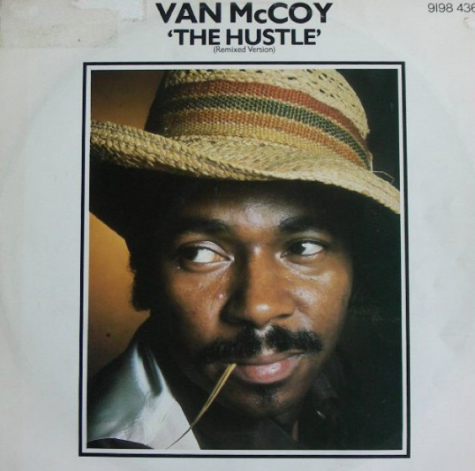
Image Courtesy of @MusicBeat5 via Twitter
The Sex Pistols also enjoyed a short-lived success as a punk rock band of the 1970s.
Band members heavily used drugs and alcohol which eventually led to their dissolution shortly after forming.
Bands like The Cars and Blondie straddled the line between punk rock and new wave music and started producing hits in the late 1970s.
Some popular punk and new wave bands from the seventies included the New York Dolls, The Clash, Generation X, Talking Heads, David Bowie, and Patti Smith.
The 1970’s were not a unique decade in terms of creating innovations in musical styles and genres, but it was unique in that it was a musical bridge connecting the hippie lifestyle of the 1960s with the characteristic yuppie lifestyle that was about to occur in the 1980s.



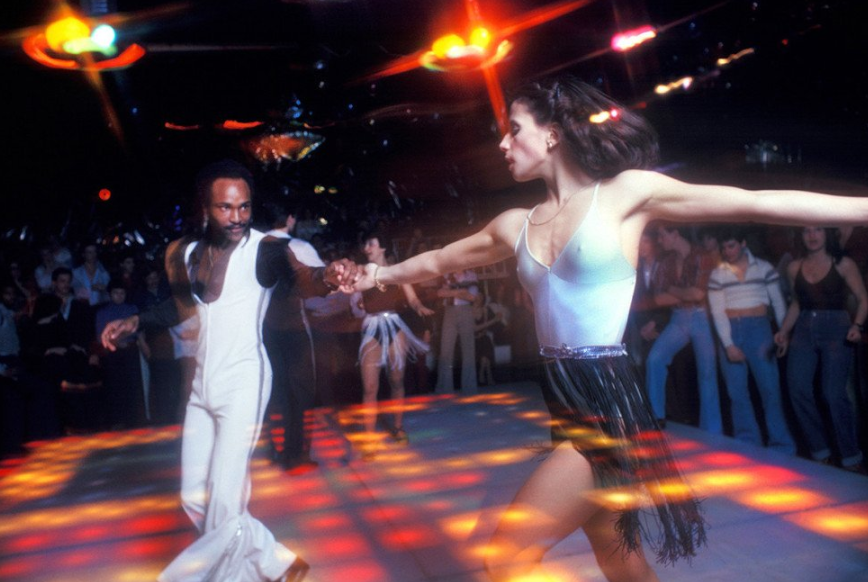

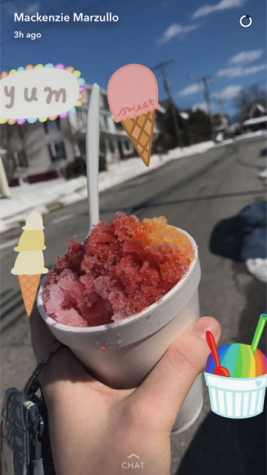
Kevin James • Aug 25, 2020 at 12:13 pm
The real reason for the demise of Disco was because like everything else people(music execs) got greedy and flooded the market with subpar material to make a quick buck. The quality of early “Disco” music was much better than the later ‘70’s repetitive “Euro-Disco“ which was a precursor to Techno. Not to say it was all bad, but suffice to say that when Rick Dees dropped “Disco Duck” the genre had jumped the proverbial shark.